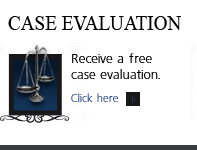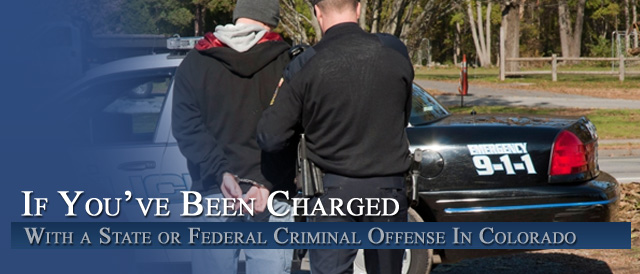


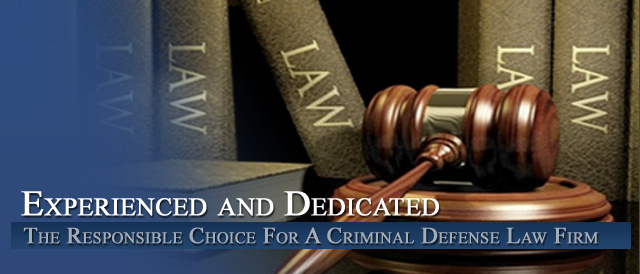
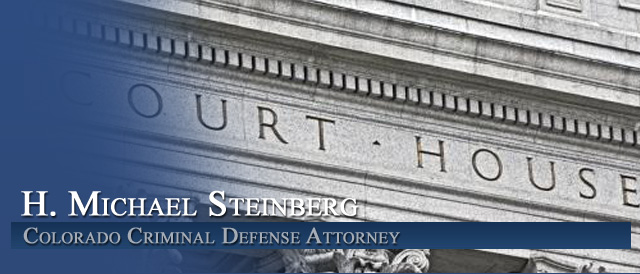
Colorado Criminal Law – How To “Lawyer Up” In Colorado
By H. Michael Steinberg Colorado Criminal Defense Lawyer
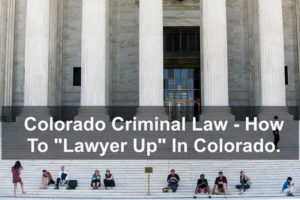 Colorado Criminal Law – How To “Lawyer Up” In Colorado – Learning how to “lawyer up” is critical to protecting yourself from making a mistake of providing evidence to the police that can later be used against you at trial. A recent case instructs on how to lawyer up in Colorado.
Colorado Criminal Law – How To “Lawyer Up” In Colorado – Learning how to “lawyer up” is critical to protecting yourself from making a mistake of providing evidence to the police that can later be used against you at trial. A recent case instructs on how to lawyer up in Colorado.
Demanding A Lawyer When You Are Being Questioned – You Must Be CLEAR And UNAMBIGUOUS
Once you are under arrest or otherwise in custody the police must “give you” your Miranda rights. In Miranda v. Arizona, the U.S. Supreme Court ruled that an accused has the right under the Fifth Amendment to the United States Constitution to have an attorney present during “custodial interrogation.”
Before law enforcement initiates ANY questioning the person in custody must be informed of their Miranda rights and then must knowingly and voluntarily waive their Miranda rights. After hat occurs police are free to question him.
If a suspect asks for a lawyer after being “Mirandized” that request must be clear and unambiguous. To “lawyer up” you must say something akin to “I want a lawyer.” The test of the clarity of the request is whether “a reasonable police officer in the circumstances would understand the statement to be a request for an attorney.”
If You Lawyer Up Properly – ALL Questioning Must Stop
If a suspect in custody unambiguously invokes his right to counsel he cannot be further interrogated by law enforcement UNLESS a lawyer has been made available to him, or UNLESS he validly waives his earlier request for counsel. But that request must be “sufficiently unambiguous and unequivocal to invoke the prohibition on further questioning.”
The purpose of this rule is to prevent the police from “badgering a defendant into waiving his previously asserted right to counsel.”
The rule – called the “The “Edwards” Rule – requires two very specific initial questions to determine if a suspect has invoked his right to counsel:
First, whether the accused actually invoked his right to counsel; and
Second, if so, whether the accused initiated further discussions with the police and knowingly and intelligently waived the right he previously invoked.
Did The Accused Actually Invoke His Sixth Amendment Right To A Lawyer?
To make an unambiguous request for counsel, a suspect:
“must articulate his desire to have counsel present sufficiently clearly that a reasonable police officer in the circumstances would understand the statement to be a request for an attorney.”
This is an objective inquiry – not a subjective one. If a suspect is ambiguous in his demand for a lawyer law enforcement does NOT have to clarify the demand – they can then continue questioning that suspect. This is important because it reflects a recent change in Colorado law.
When a suspect makes an ambiguous or equivocal statement, while it is “good police practice” for the interviewing officers to clarify whether or not he actually wants an attorney, they no OBLIGATION to do so. The lack of clarity of any invocation, as of recent Colorado decisions, works to the disadvantage of the accused. Put differently:
“if the suspect’s request is ambiguous or equivocal, then police need not make an effort to clarify the statement and are free to continue the questioning”
The invocation of the right to counsel under Miranda
“requires, at a minimum, some statement that can reasonably be construed to be an expression of a desire for the assistance of an attorney…”
[w]hat matters is whether [the accused’s] question ‘could reasonably be construed’ as a request for counsel,”
Post Miranda Advisement – The Invocation Of The Request For A Lawyer – “Lawyering Up”
When a Court is determining whether a demand for a lawyer is “unambiguous” using an objective standard, a Trial Court will use certain factors for viewing that demand under the “totality of the circumstances:”
The factors include:
- the words spoken by the interrogating officer;
- the words used by the accused in referring to counsel;
- the officer’s response to the accused’s reference to counsel; the speech patterns of the accused;
- the demeanor and tone of the interrogating officer; the accused’s behavior during interrogation;
- and the accused’s youth, criminal history, background, nervousness or distress, and feelings of intimidation or powerlessness.
If, under the the totality of the circumstances, a suspects statements do not constitute an unambiguous request for counsel, that person has not “actually” invoked his right to counsel, and if that person has otherwise validly waived his Miranda rights before making incriminating statements to the police, those statements will be admissible at that person’s later trial.
Colorado Criminal Law – How To “Lawyer Up” In Colorado
If you found any of the information I have provided on this web page article helpful please click my Plus+1 or the Share buttons below so that others may also find it.
Never stop fighting – never stop believing in yourself and your right to due process of law.
 ABOUT THE AUTHOR: H. Michael Steinberg – Email The Author at
ABOUT THE AUTHOR: H. Michael Steinberg – Email The Author at
A Denver Colorado Criminal Defense Lawyer – or call his office at 303-627-7777 during business hours – or call his cell if you cannot wait and need his assistance – 720-220-2277. Attorney H. Michael Steinberg is passionate about criminal defense. His extensive knowledge and experience of Colorado Criminal Law gives him the edge you need to properly handle your case.
You should be careful to make a responsible choice in selecting a Colorado Criminal Defense Lawyer – and we encourage you to “vet” our firm. Over the last 40 plus years – by focusing ONLY on Colorado criminal law – H. Michael has had the necessary time to commit to the task of constantly updating himself on nearly every area of criminal law, to include Colorado criminal law and procedure and trial and courtroom practice. H. Michael works hard to get his clients the best possible results in and out of the courtroom. He has written, and continues to write, extensively on Colorado criminal law and he hopes this article helps you in some small way – Colorado Criminal Law – How To “Lawyer Up” In Colorado.


